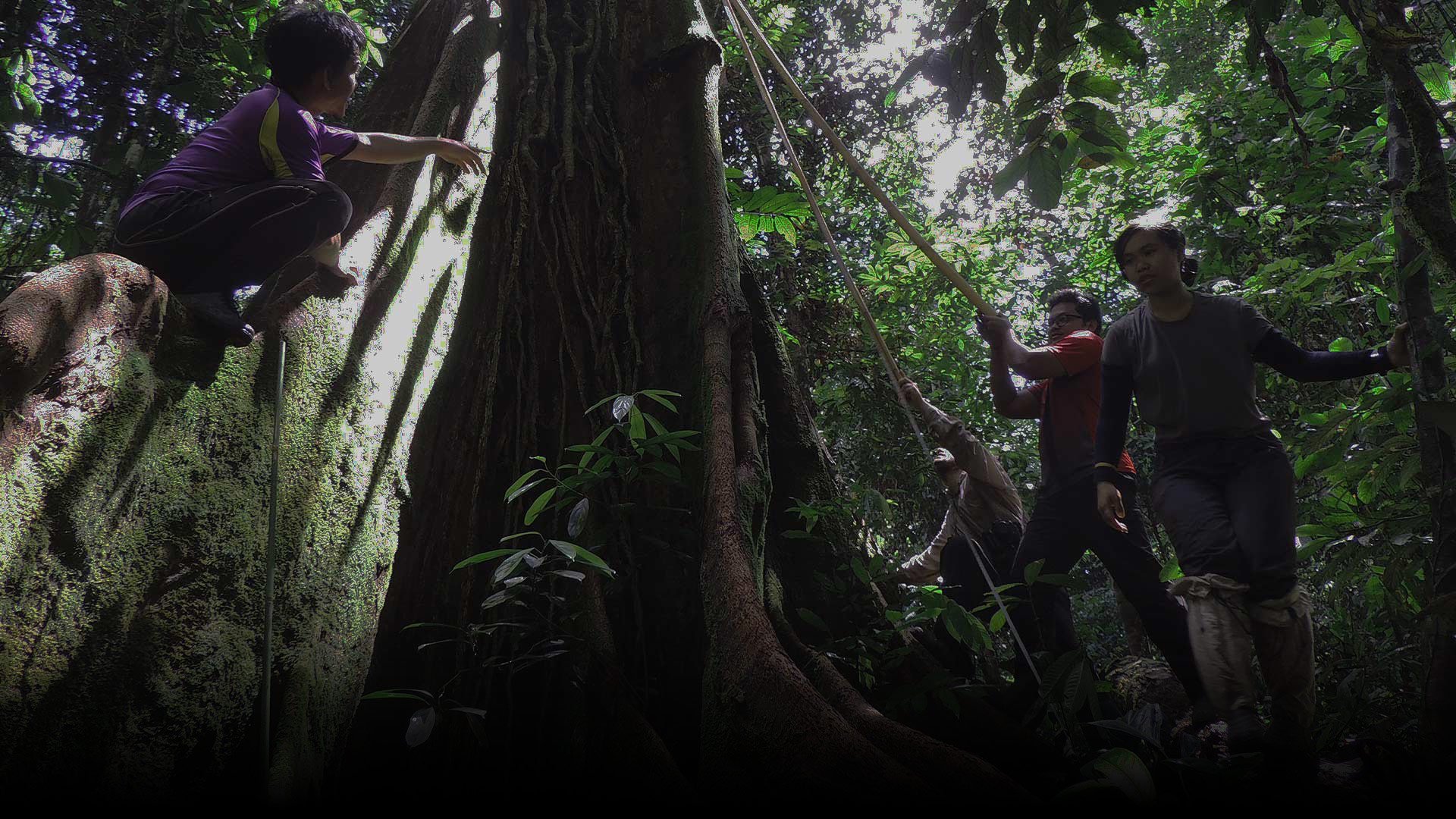Current Specialist Courses
Current & Recent Courses
Strengthening Capacity for Conservation in Indo-Burma
Dates: April 2023 to August 2024
Completed
CLICK FOR DETAILS
Scientific writing and publishing: an online course
Analyzing citizen science data, and communicating results
Writing winning proposals: a course on fundraising skills

Upcoming Courses
Specialist Courses We Offer
New courses will be advertised on this website.
Email courses@tropical-biology.org to express interest in future courses.
Discover more Specialist Courses we offer with the link below.
